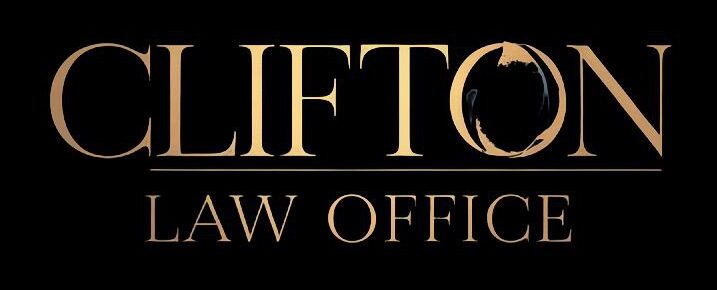HHS Wins Key Victory on Medicare Reimbursements
On April 30, 2025, the Supreme Court ruled 7–2 in American Hospitals v. Becerra that Medicare’s use of Supplemental Security Income (SSI) as a cash‐benefit proxy for calculating hospital reimbursements is valid, rejecting claims by over 200 safety‑net hospitals seeking billions in retroactive payments Axios.
Justices Jackson and Sotomayor dissented, warning the formula “underrepresents low‑income patients” and could harm essential care providers; the majority held that SSI’s monthly cash‑benefit measure falls squarely within the statutory text governing payment fractions.
Bankruptcy & Sovereign Immunity
United States v. Miller Limits Trustee Clawbacks
In United States v. Miller, decided March 26, 2025, the Court held 8–1 that the Bankruptcy Code’s sovereign‑immunity waiver does not permit trustees to recover fraudulent tax payments made to the federal government, confining clawback powers under § 544(b) to transfers avoidable by actual creditors under state law Wikipedia.
Justice Kagan’s majority opinion emphasized that the waiver grants jurisdiction but does not strip the government of immunity; Justice Gorsuch alone dissented, arguing the waiver’s plain text supports trustee suits against the United States Wikipedia.
Regulatory Spotlight: Artificial Intelligence
FTC’s “Operation AI Comply” Targets Deceptive Claims
On April 16, 2025, the FTC announced an enforcement sweep—Operation AI Comply—aimed at companies making “false, misleading, deceptive, or unsubstantiated” claims about AI tools, leveraging Section 5 of the FTC Act to challenge unfair practices Lathrop GPM.
A high‑profile proposed order against Workado, LLC requires the company to substantiate its “98 percent accurate” AI‑detection claims after tests showed accuracy closer to 53 percent Federal Trade Commission.
Environmental & Disclosure Regime
SEC Withdraws Defense of Climate‑Risk Rules
On March 27, 2025, the Securities and Exchange Commission voted (3–2) to end its defense of the climate‑related disclosure rules in Iowa v. SEC, signaling a major shift in the agency’s priorities under the current administration SEC.
Although the rules remain stayed, public companies must still track developments—compliance deadlines under California SB 253/SB 261 and the EU’s CSRD are unaffected by the SEC’s court‑filing decision Sidley Austin.
Antitrust Watch
Google Remedies Phase—AI Takes Center Stage
In the DOJ’s ongoing remedies trial attacking Google’s search monopoly, CEO Sundar Pichai testified late April that forced data‑sharing “would be a de facto divestiture” and warned that limiting Google’s AI investments could hamper innovation The Verge.
The trial, which began April 21, 2025, will determine whether divestiture of Chrome or mandated licensing of Google’s search index and AI tools is required to restore competition Investor’s Business Daily.
What This Means for Your Business:
- Healthcare providers should reassess exposure to historic reimbursement claims in light of the SSI‑based payment formula.
- Corporate debtors and trustees must revisit clawback strategies, recognizing sovereign‑immunity limits.
- Technology vendors relying on AI marketing should immediately audit their substantiation practices to avoid FTC actions.
- Public companies should continue climate‑disclosure preparations under state and international regimes despite the SEC’s withdrawal.
- Platform and search‑engine businesses must brace for potential structural remedies that could reshape access to underlying data and AI models.
Staying ahead of these shifts is critical. Contact Clifton Law Office to develop tailored compliance reviews, litigation strategies, and regulatory roadmaps.
